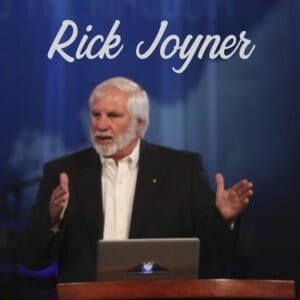The first requirement that leads to koinonia is to be Christ-centered not man-centered. We may think that koinonia is what we have with other believers, which is true. However, it is not really possible if the Lord Himself is not in the middle of our relationships with others, and the main purpose for them.
One factor that leads to koinonia, the ultimate form of fellowship with others, and with God is when our hearts begin to burn like King David’s for the Lord to have a place to dwell. That’s the heart that will likely bring forth what He truly wants to dwell in, not just bless or occasionally visit. God is looking for fellowship, and so is man, and the ultimate fellowship that we can have is with Him. This fellowship is the ultimate quest of man.
Some of Jesus’ best friends were Lazarus, Martha, and Mary of Bethany. After the Lord had raised Lazarus from the dead, He just seemed to hang out with them for several days. These were some of His last days on earth, but instead of using this time to teach and train those who would be His future leaders, He rather just enjoyed the company of His friends who may have had little strategic importance. Why? Bethany could be translated “a home of kindness.” Isn’t that basically what He has called His church to be? This is not just about good works, but it’s about an atmosphere. True kindness can only be rooted in love, and ultimately only in the love of God.
The Lord made each of us unique, so it should be expected that we would each have a unique perspective on this.
Unity by conformity is from hell, not heaven. We can easily discern His teachings and His leadership by their ability to tolerate debate or challenges with grace and wisdom. The divine record, the Bible, is a testimony to this. How He tolerates the waywardness of men and continues to love us will likely be one of the great marvels for eternity. If He has so tolerated mankind, how much more should His leaders tolerate challenge or debate? That is a reflection of the diversity that He put throughout His creation.
As the Moravians declared about unity, “Concerning the basics, we must have unity. With all other doctrines, there must be liberty, and in all things, we must have charity.” This mentality enabled the Moravians to have significant influence in almost every major spiritual camp in their time. They did not do this by compromising their beliefs, or vision, but treated those of every group with respect, which made those in the other groups more open to them.
One reason for the many divisions among Christians is that we try to agree about too much. Israel was only required to be in unity about two things: worship and warfare. They were to worship Jehovah, and if any of the tribes were attacked, all of the others were to mobilize to defend their brothers. How could such a resolve today change the body of Christ? Such could only happen if there was a strong devotion for Christians to respect and be open to differences instead of having a default to reject them, which is a reflection of insecurity more than faith.
This is not to imply that we should ever compromise our convictions, but since we know that we all see in part and know in part, wisdom dictates that we remain open to those who may have a different perspective than we do. Their differences may not conflict with what we see but may add parts that we do not yet see.
If the Lord has made every snowflake unique, even every leaf on every tree, why is the church that is supposed to be the most representative of Him so boringly uniform? God made all of mankind in His image, and it takes all the diversity in all the tribes, nations, and cultures to represent every aspect of Him.























Comments are closed.